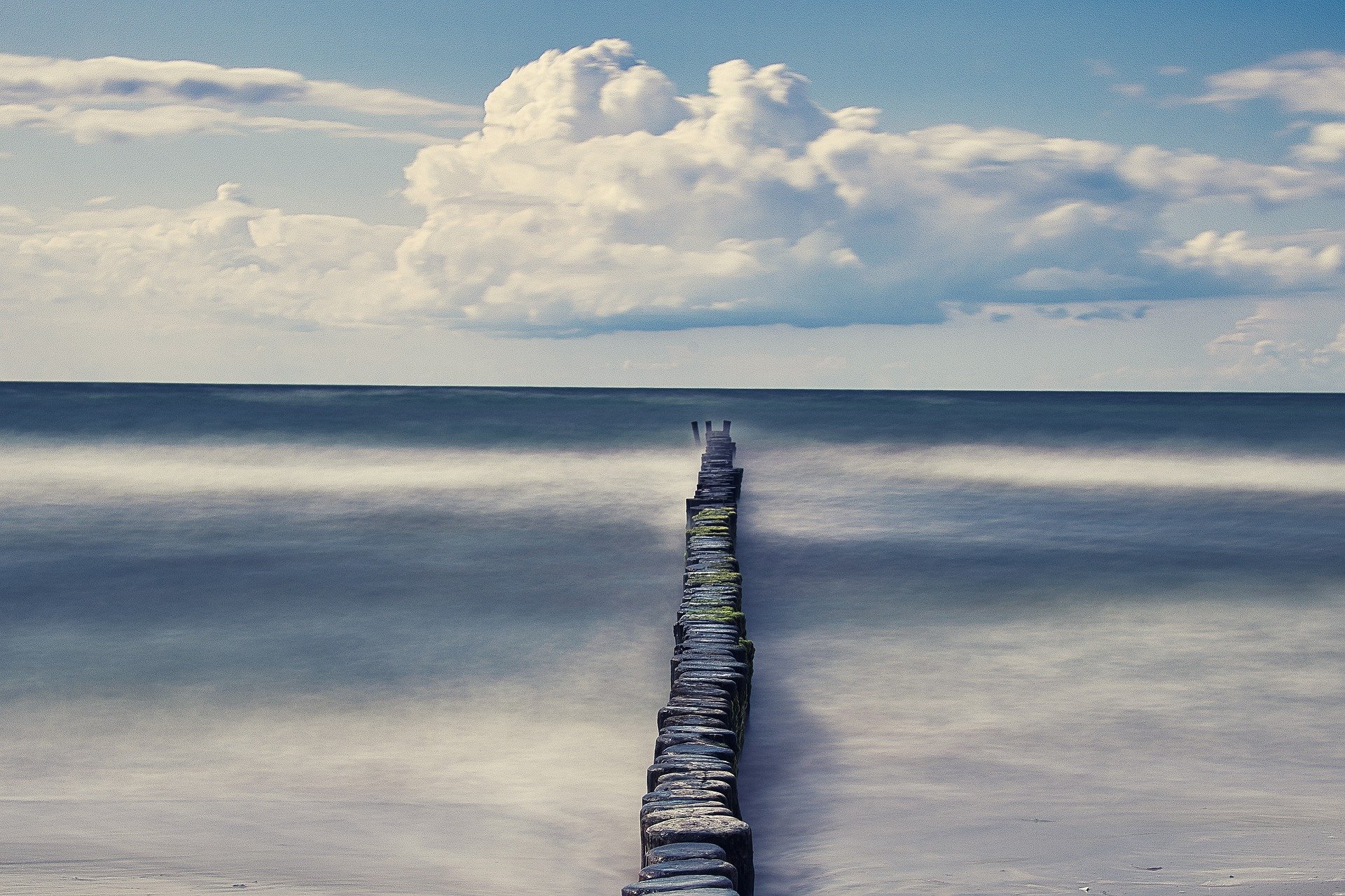With Equinor last week announcing that nearly a third of their Norwegian exploration workforce is being axed, the Norwegian major joins a long list of companies going through the same process.
We asked four geologists at various stages in their careers with first-hand experience in the industry about how they see current developments and where they think it is heading.
Changing career
Ann Watkins, who until recently worked for ONE Dyas as an Exploration Team Lead says: “Having gone through three redundancies over the past few years, I have now decided to leave the industry and embark on a teacher training course.” She adds: “I sense this downturn is far more structural, permanent and driven by investors. Higher returns are available on investments with moderate risk by reducing exposure to oil and gas.”
“At the same time, global warming and extinction-factors are gearing up at an alarming rate, with a daily feed of calamitous news stories,” Ann mentions. “The public takes notice of this, and I feel that geologists need to lead a sensible conversation about this. Kids need some hope that energy, sustainability, consumerism, global warming is being tackled and I feel that I can play my part in this in getting a constructive message through to the younger generation,” she adds.
When it comes to the future of the North Sea, Ann thinks that even infrastructure-led exploration may be on the decline. “In recent years, I increasingly experienced surprisingly interesting prospects with healthy assessed resource volumes, and relatively low geologic risk which failed to pass muster,” she says. “The common thread was aging infrastructure and the lack of a viable offtake route, despite the prospect being located in an area of oil and gas fields and pipelines.”

Private equity must rethink its strategy
We also spoke to an exploration manager from Norway who prefers not to be named. Having been part of the industry for almost 40 years, he expressed gratitude for the opportunities he had over the years and the countries he was able to visit and live in. However, with private equity arriving in the industry landscape, he increasingly felt that money is the ultimate driver of everything and human capital is of lesser value. “This causes panic-button reactions,” he argues, “which is damaging for everybody involved.”
“The hire-and-fire culture is detrimental to an industry that, let’s face it, needs technical people for a long time to come,” he argues. “Despite all the focus about transitioning into renewables, we will need hydrocarbons for a long time to come, but if we do not invest in technical people, we run the risk of disengaging the new cohort of people we so desperately need.”
What happens when things get back to normal? A more positive outlook
Another geologist who recently felt the impact of the oil-price drop is Tom van Hoof from the Netherlands. Tom started freelancing as a stratigrapher almost three years ago and has been able to secure project work on a steady basis, until the crisis hit. However, Tom is fairly hopeful that work may come back when the situation improves a little.
Before the hit in March, Tom and the companies he has done work for actually saw a very busy year ahead, with opportunities all over the world. As a stratigrapher doing on-site palynological analysis, Tom is not limited to the North Sea, which helps. Tom adds: “I see an industry that is being joined by fewer and fewer technical people and as a consequence I think that once the situation improves a bit, there may actually be more work than anyone would anticipate at the moment.”
Keeping afloat
A person who has been through five industry cycles, but is still hopeful that some work may come back in, is semi-retired geologist Mike. He says: “The hire and fire cycles have been damaging and costly to the industry. To a large extent unnecessary as the oil price eventually recovers, dependant on the world economy. I have gone through at least 5 cycles, but they have become more severe.”
“For many in the industry, this downturn may be the final trigger to shift to other roles and skills, which at a time of a pandemic and Brexit poses a real challenge,” he adds. “I for myself dabbled in mineral mapping, worked on licence rounds, did a bit of building renovation projects over the years,” he says, “but I am not good at it, and it was essentially just to keep afloat like most!”
HENK KOMBRINK


